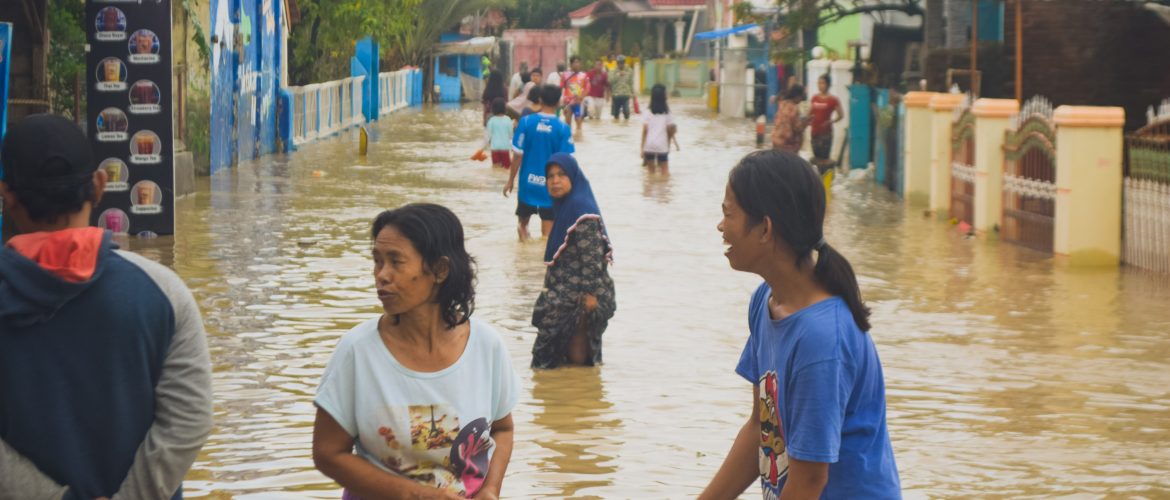The recently published Adaptation Gap Report 2023 highlights the challenges of securing adequate funds for the adaptation efforts of developing countries. The report shows that the adaptation finance requirements of developing countries are 10 to 18 times greater than the international public finance flows, emphasizing a significant funding gap.
Developing countries are estimated to require a total of US$215 billion a year this decade to adapt to the changing climate. Additionally, an estimated US$387 billion a year is needed to implement local adaptation priorities. However, despite these significant needs, public multilateral, and bilateral adaptation finance flows to developing countries decreased by 15% to US$21 billion in 2021, creating an adaptation finance gap of US$194-366 billion a year.
The lack of funding available has serious consequences for vulnerable communities, underscoring the need for additional funding methods. According to the Adaptation Gap Report 2023, seven strategies should be implemented: domestic funding, international and private sector financing, remittances, support for small and medium-sized enterprises, and reforming the global financial system. It’s worth noting that the creation of the Loss and Damage fund underscores the importance of innovative financing methods to meet the necessary investment levels.
Our collaborative efforts with PD Consult and the University of Surrey are in line with the recommendations outlined in the Adaptation Gaps Report. We are working together to offer comprehensive services that support GCF Readiness activities for the esteemed project, “Country programming support and sustainable tourism planning for Cabo Verde.“. This project aims to identify climate change priorities, including a pipeline of projects that the country seeks to develop with GCF. It will also address cross-sectoral challenges and aim to identify opportunities within the tourism sector to promote sustainable decision-making. As a result, this initiative should unlock climate finance flows towards circular and sustainable tourism interventions.
SETIN has achieved a recent milestone by successfully concluding a consultancy under the United Nations Development Program (UNDP) Land Degradation Neutrality of mountain landscapes in Lebanon (LDN) project, which offers the opportunity to generate an in-depth understanding of the economics of LDN at a relatively manageable scale, providing a methodological framework and associated capacities for sustainability and scaling up.
The Adaptation Gap Report 2023 highlights the need for collaborative efforts, such as those incorporated in the projects developed by SETIN, to transform challenges into opportunities and establish a shared global responsibility for adaptation.


